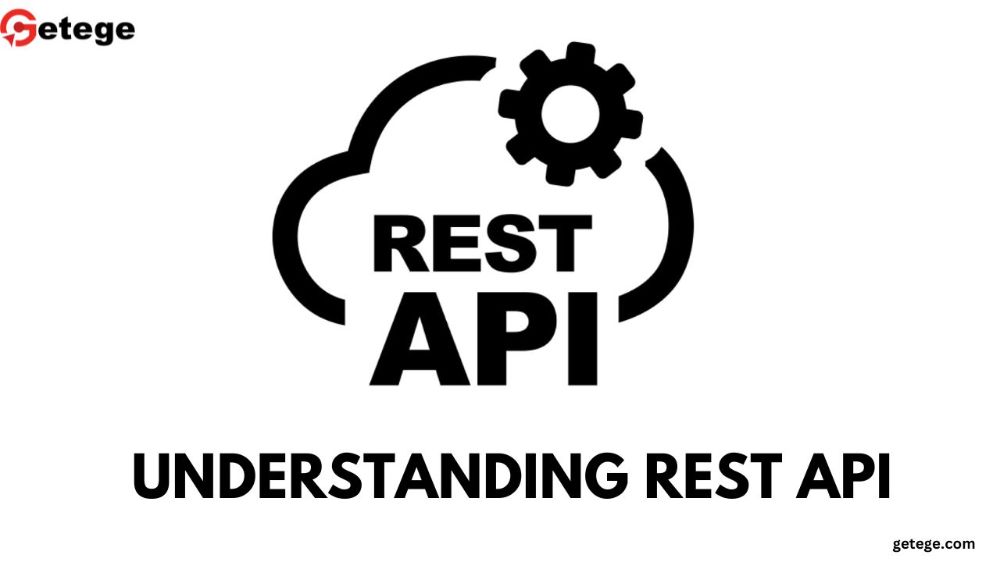Everything You Need to Know About HTML5: The Backbone of Modern Web Development
As the latest version of the HyperText Markup Language (HTML), it brings a range of new features that make it easier for developers to create rich, interactive, and responsive websites. If you want to stay ahead in the fast-paced world of web design, understanding and mastering HTML5 is essential.
What is HTML5?
HTML5 is the fifth and current major version of the HTML standard, designed to create websites and applications. It enhances web pages with new elements and features that allow for better structure, accessibility, and interactivity.
Unlike older versions of HTML, HTML5 focuses on simplifying web development by providing native support for multimedia, improving the semantics of web content, and ensuring compatibility with modern devices and browsers.
Key Features of HTML5
1. Semantic Elements
HTML5 introduces several new semantic elements that provide meaning to the content, making websites more accessible and SEO-friendly. Elements like <header>, <footer>, <article>, and <section> clearly define parts of a webpage, helping search engines and browsers understand content structure.
2. Multimedia Support
One of the most significant improvements in HTML5 is its native support for audio and video. This eliminates the need for third-party plugins, like Flash, making websites faster and more secure.
3. Graphics and Visuals
HTML5 includes powerful tools for handling graphics. Developers can now use built-in elements for drawing and manipulating images, making it easier to create animations, games, and interactive visual content.
4. Responsive Design
With the rise of mobile devices, websites must work across different screen sizes. HTML5 is designed with responsiveness in mind, allowing developers to create websites that automatically adjust to various screen dimensions and device capabilities.
5. Offline Capabilities
HTML5 allows web applications to function offline using the Application Cache and local storage. This feature ensures users can continue interacting with a site even when there’s no internet connection.
Why is HTML5 Important for Web Development?
1. Enhanced User Experience
HTML5 simplifies the process of embedding rich media like videos, music, and graphics, leading to more engaging and interactive websites. It improves how users experience content, whether on mobile, tablet, or desktop.
2. Better Performance
By eliminating the need for plugins and offering more efficient resource handling, HTML5 can improve website performance, making pages load faster and reducing security vulnerabilities.
3. Improved SEO
With semantic elements, HTML5 helps search engines better understand the content of your site. This leads to better indexing and improved SEO performance, giving your website higher visibility on search engine results pages.
4. Cross-Browser Compatibility
HTML5 is fully supported by all major web browsers, including Chrome, Firefox, Safari, and Edge. This compatibility means your website will work seamlessly across different platforms, ensuring a consistent user experience.
HTML5 and the Future of Web Development
As web technologies continue to evolve, HTML5 remains at the forefront, providing the foundation for the next generation of web applications. The introduction of APIs for location, drag-and-drop, and web storage makes it an essential tool for developers looking to create dynamic, feature-rich applications.
With HTML5, the web is more open, efficient, and user-friendly, offering endless possibilities for web developers and businesses.
FAQs About HTML5
1. What are the main benefits of HTML5?
HTML5 improves web development by offering native multimedia support, enhanced semantics, offline capabilities, and responsiveness. It also ensures better SEO and faster website performance.
2. Is HTML5 mobile-friendly?
Yes, HTML5 is optimized for responsive design, making it ideal for creating mobile-friendly websites that work seamlessly on different screen sizes and devices.
3. Do all browsers support HTML5?
Yes, all modern browsers, such as Google Chrome, Mozilla Firefox, Safari, and Microsoft Edge, support HTML5.
4. Why is semantic markup important in HTML5?
Semantic elements provide meaning to web content, improving accessibility for users with disabilities and helping search engines better understand and index web pages.
5. How does HTML5 improve SEO?
HTML5's semantic elements allow search engines to better interpret and organize the content, leading to higher rankings and improved SEO performance.
Conclusion
HTML5 has revolutionized the way we build and interact with websites. Its new features and improved functionality provide better performance, enhanced user experience, and greater accessibility. From small personal blogs to complex web applications, HTML5 is at the heart of modern web development. If you're looking to build a website that is responsive, fast, and user-friendly, mastering HTML5 is a must.














